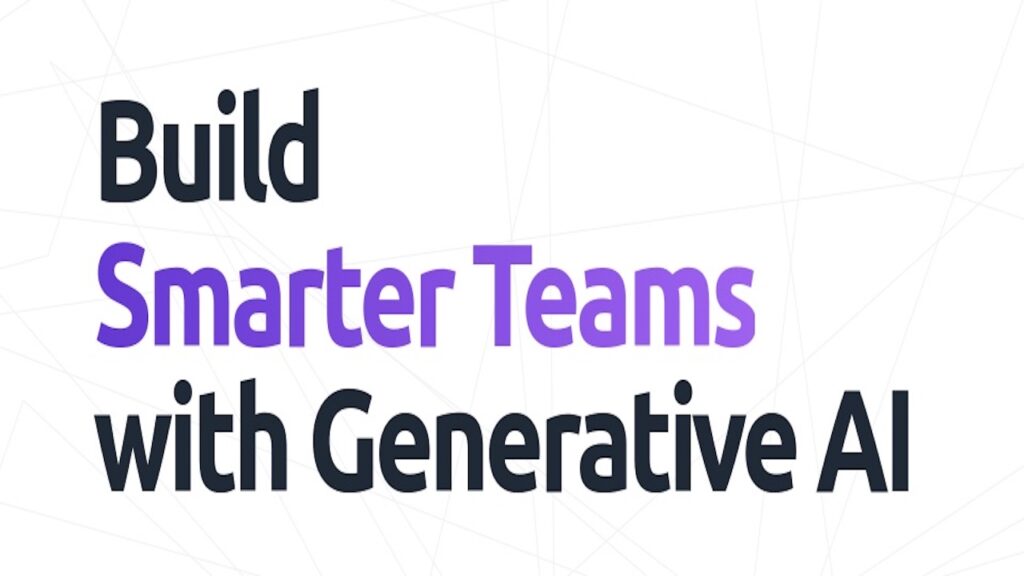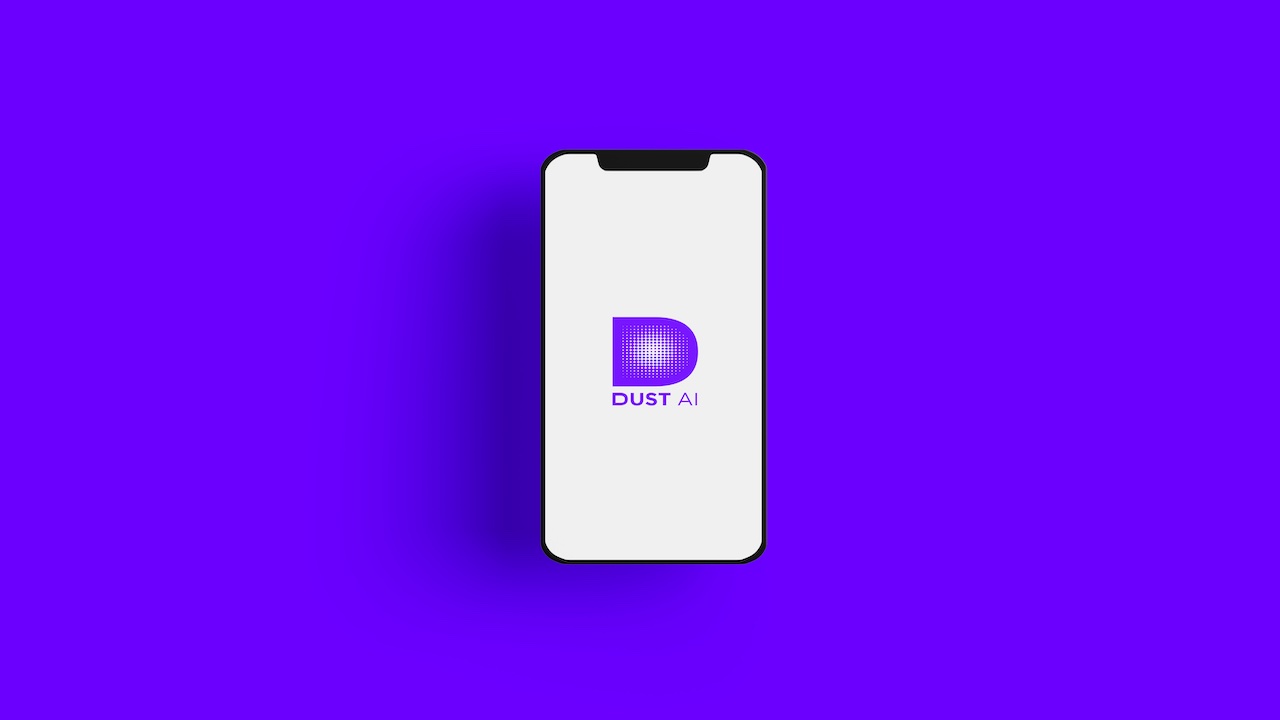Dust, a budding AI venture from France, is striving to supercharge team productivity by eliminating internal divisions, centralizing crucial knowledge, and facilitating the creation of bespoke internal applications. The company’s unique selling proposition lies in employing large language models (LLMs) to analyze internal organizational data, offering unprecedented capabilities to the workforce.
The founders’ story
The creators of Dust, Gabriel Hubert and Stanislas Polu, share a history of more than ten years. They embarked on their entrepreneurial journey with a startup named Totems, which Stripe bought in 2015. Following this acquisition, both co-founders served at Stripe for several years before pursuing their own paths.
While Polu devoted three years to enhancing LLMs’ reasoning abilities at OpenAI, Hubert assumed the role of product head at Alan. Eventually, their paths converged again, leading to the birth of Dust.
Dust: An AI revolution
Instead of developing new LLMs, Dust focuses on building applications harnessing LLMs created by giants like OpenAI, Cohere, and AI21. The team’s initial endeavor was to create a platform for designing and deploying large language model apps. Subsequently, they shifted their focus to a single use case – making internal data easily accessible and indexable for LLMs.
Harnessing the power of internal ChatGPT
Data connectors continually gather internal data from Notion, Slack, Github, and Google Drive in the Dust ecosystem. Dust then indexes this data and makes it searchable semantically. The AI can find information across various data sources, structure responses in a user-friendly manner, and act as an internal ChatGPT.

“We envision a future where software will adapt to individual needs and company culture, eradicating the need for manual settings changes,” Gabriel Hubert said, emphasizing the potential of natural language interfaces to revolutionize software.
Journey ahead
Currently, Dust is collaborating with design partners to develop various ways of implementing the Dust platform. Stanislas Polu said, “We believe numerous products can be created in this realm of enterprise data, knowledge workers, and models to support them.”
Dust, still in its early stages, raised $5.5 million in a seed round led by Sequoia, with XYZ, GG1, Seedcamp, Connect, Motier Ventures, Tiny Supercomputer, AI Grant, and various business angels also participating.
Dust’s approach, leveraging LLMs to transform the workplace, works best in a company that promotes radical transparency and written communication over information retention and endless meetings.
If LLMs fulfill their promise of enhancing productivity significantly, organizations adopting these values will gain a competitive edge, as Dust is poised to unlock tremendous untapped potential for knowledge workers.
What are your thoughts on this development, dear readers? Feel free to share your opinions in the comment section below!













